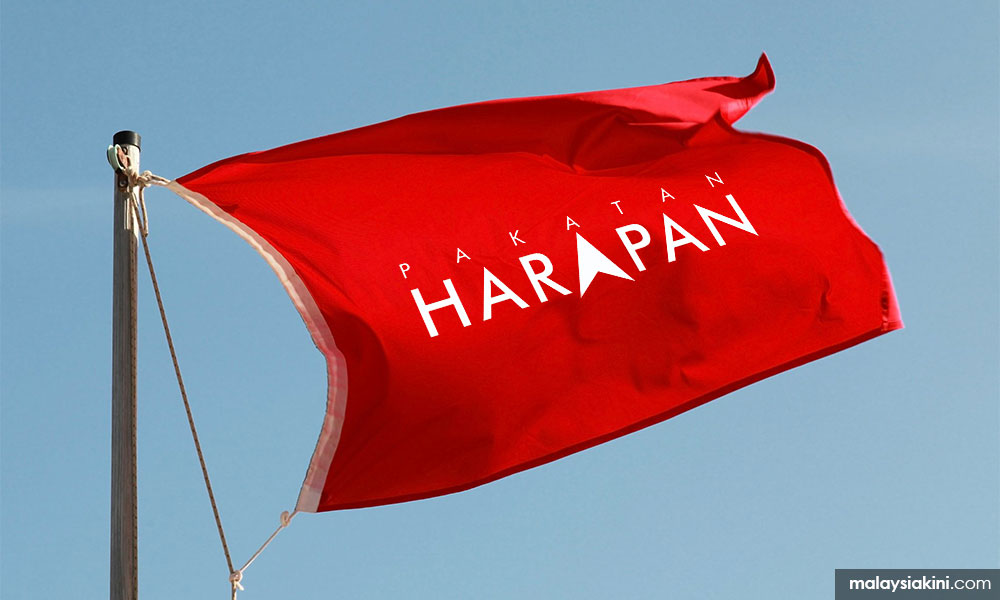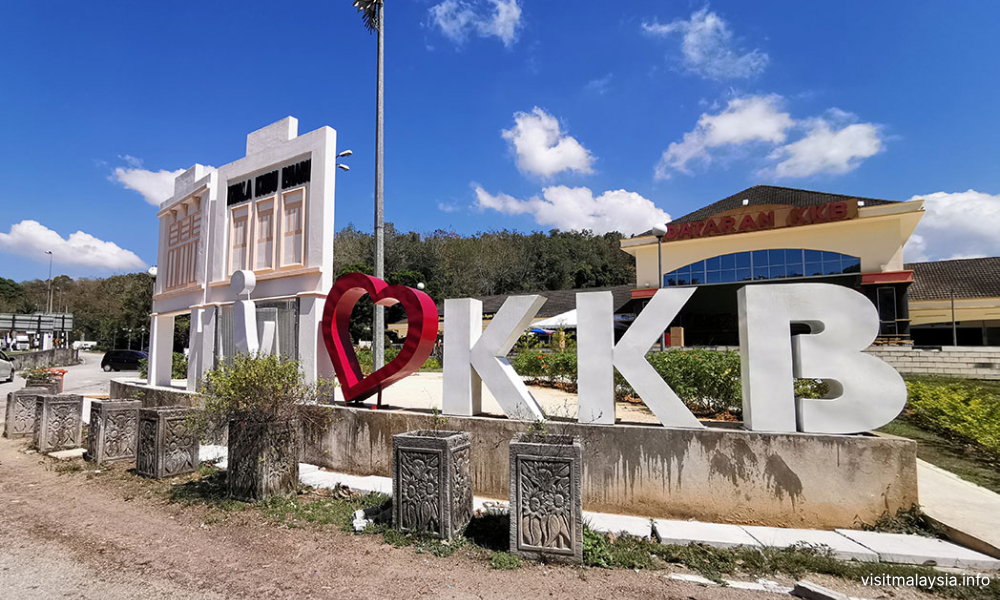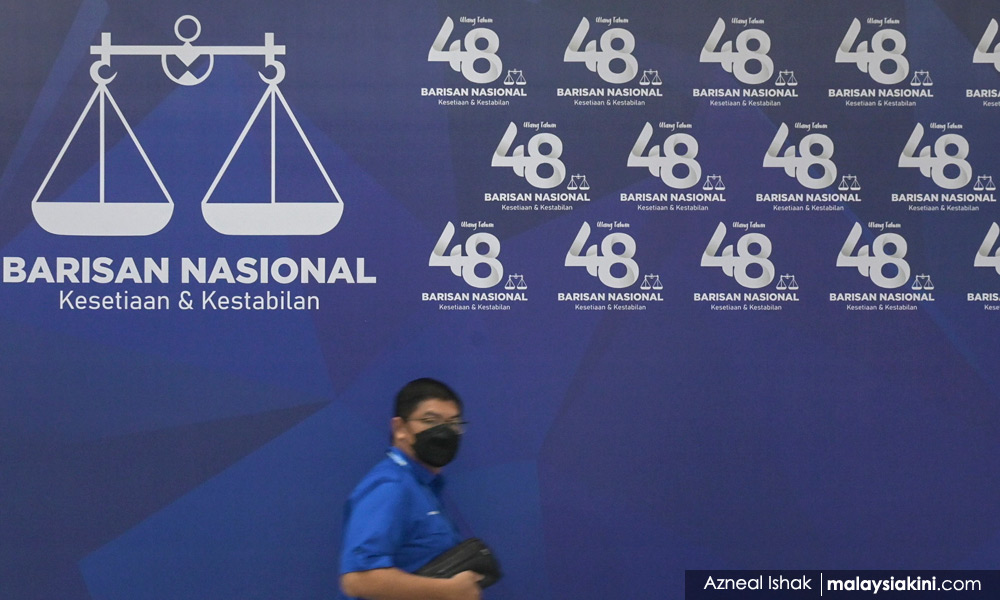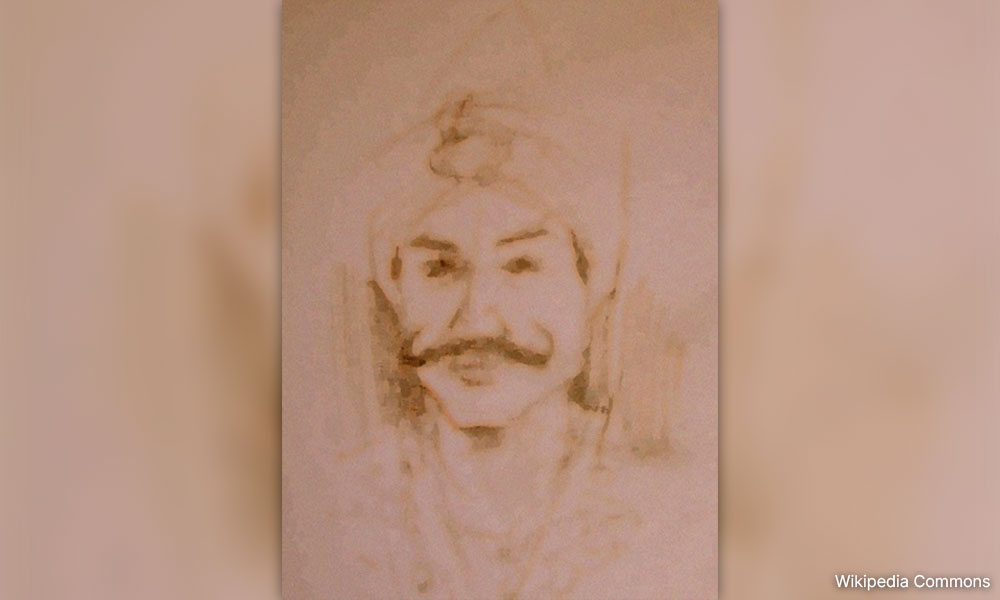LETTER | The Indian dilemma in Kuala Kubu Baharu
LETTER | The Kuala Kubu Baharu by-election might be another moment of awakening for Indians after the Hindu Rights Action Force (Hindraf) movement of 2007.
The Hindraf movement in 2007 was caused by the subconscious realisation among the Indians in the peninsula that when you are permanently positioned in third place in a rigidly structured racial hierarchy, as it has been since our independence, abiding by the structure without protest is equivalent to facilitating your own deprivation and exploitation.
As the smallest racial group in the peninsula, you will be expected to do everything that the biggest and second biggest racial groups don’t want to do, and in return, you will be asked to be satisfied with the crumbs that are left after the biggest and second biggest race have their fill.
Although the Hindraf movement succeeded in breaking the arrangement where the Indians cooperated and facilitated their own exploitation and deprivation, the solution that resulted from the breaking up of the arrangement left the Indians with much to be desired.
The solution that the Indians, especially the middle-class group, have subconsciously come up with in the post-Hindraf movement is the “Malaysian first, Indian second” concept, where rather than identify with their Indian identity as their primary identity and remain as the smallest racial group in the peninsula, Indians have embraced the Malaysian identity as their primary identity.
They have done so in the hopes that if they identify as Malaysians rather than Indians, it will allow them to break the bonds of their deprivation and exploitation, on account of no longer being the smallest identity group in the peninsula.
‘Malaysian first’ an illusion
Their desire was initially facilitated by such political parties as the Malay-dominated PKR and the Chinese-dominated DAP, which guaranteed the Indians that if they adopted the Malaysian identity as their primary identity and supported such multiracial parties like DAP and PKR, which advocated for the “Malaysian first” identity, they will be treated by the Chinese in DAP and Malays in PKR as equals.
However, after DAP and PKR rose to power by riding on the concept of being “Malaysian first” in 2018 and subsequently in 2022, the Indians are now waking up to the fact that the concept of being Malaysian first as promoted by DAP And PKR is actually just an illusion.

It is an illusion because Indians are still seen as Indians by the PKR Malays and DAP Chinese while the PKR Malays and DAP Chinese still identify as Malays and Chinese respectively, despite asking the Indians to identify as Malaysians.
The net result of this discrepancy is that we as Indians not only don’t feel like we are “Malaysians”, on account of the 93 percent of the non-Indian population in Malaysia not seeing us as one of them, it is getting harder to feel like an Indian as well.
Because of our eagerness to become “Malaysian First”, we have weakened our leadership and organisation to such an extent, that the Indian population has splintered into multiple factions, which are each in danger of being picked apart and subsumed by the larger identity groups in Malaysia.
The Kuala Kubu Baharu by-election this May 11 might be a watershed event for the future of Indians in the country.
Not one of them
If the Indians in Kuala Kubu Baharu reject Pakatan Harapan, it will send a signal to the Indians in Malaysia to also abandon the “Malaysian first” ideology we have adopted in the post-Hindraf era.
We would wake up to the realisation that just because we do not wish to remain as the smallest identity group in the peninsula, it doesn’t mean that the other identity groups in Malaysia will embrace our desire to be Malaysian and see us as one of them.
By letting go of our Indian identity without getting the other identity groups in the peninsula to let go of their racial identity, not only will we not succeed in freeing ourselves from the shackles of exploitation and deprivation, but we will actually be opening ourselves to an even more severe form of exploitation and deprivation.

In the past, during the BN era, at least when we were exploited and deprived, we knew it was only because we were the smallest identity group in the country.
Also, as much as we were exploited and deprived in the BN era, the BN government also had a sense of noblesse oblige (privilege entails responsibility), to allocate a sizeable degree of national resource to the Indian population, to mitigate, temper and to an extent, lift us from the state of exploitation and deprivation that we were subjected to.
In the Harapan era however, although we are still exploited and deprived for being the smallest identity group in the peninsula, the coalition government is stubbornly refusing to admit that we are being exploited and deprived.
Instead, in a number of ways, it is indirectly suggesting that it is our own shortcomings and flaws as a culture and a people, not any form of systemic exploitation and deprivation, that is responsible for our state of exploitation and deprivation.
According to the logic of Harapan parties like DAP and PKR, it is only because prominent Indian leaders like P Ramasamy, Charles Santiago or R Sivarasa lack merit, are incompetent or are personally flawed, and not because they are Indians, that they have been deprived of their positions in PKR and DAP.
This is despite them helping both PKR and DAP win the 2018 and 2022 elections.
However, prominent Malay and Chinese leaders in PKR and DAP do not suffer the same fate as prominent Indian leaders in PKR and DAP.
Greater exploitation, deprivation under Harapan
The attitude of Harapan towards the prominent Indian leaders in its fold betrays its views about Indians in general.
If suppose Harapan can’t help but exploit and deprive the Indian leaders in their fold, before abandoning them and blaming the Indian leaders themselves for suffering from a state of exploitation and deprivation, there is no reason to believe they will not do the same to the Indian population at large as well.

The state of exploitation and deprivation that the Indians will suffer under the hands of Harapan will most likely be of a magnitude greater than the ones they suffered under BN in the past.
This is because at least BN was conscious of the fact that Indians were being deprived and exploited under its administration, and it at least had a sense of noblesse oblige, to do what it could to mitigate the deprivation and exploitation of Indians by coming up with at least some measures to uplift the life of at least some Indians.
Harapan, on the other hand, has no such awareness or sense of noblesse oblige. When it facilitates the exploitation and deprivation of the Indians, it won’t even realise it is doing it, and it will likely do it under the influence of a deranged sense of meritocracy and fairness, where it will assume too conveniently that if the Indians are suffering from a state of deprivation, it is because it is the Indians own fault, not because we are suffering from any form of exploitation.
The Indians are simply not good enough, Harapan will tell itself when it sees Indians being deprived and exploited, and wash its hand over the entire matter by conveniently concluding that we are just suffering because we do not have enough merit or are not competent enough to succeed.
We can just see how prominent Indian leaders in Harapan have been deprived and exploited to see what will happen to Indians if Harapan has its way. It is not without reason that people like Ramasamy, who used to be in DAP and even MIC deputy president M Saravanan, who is still allied with the coalition government, are speaking out strongly against Harapan in Kuala Kubu Baharu.
Post-Hindraf, we have come to realise that to accept our permanent position as the smallest identity group in the peninsula without protest is suicide.
Cultural suicide
However, the solution we created to solve the problem, which is to embrace the “Malaysian first, Indian second” ideology, is a solution that is worse than the problem.
If the by-election results in the second awakening of the collective consciousness of the Indians, we must use it to reject the “Malaysian first, Indian second” ideology without rejecting the realisation that to accept a permanent position as the smallest identity group in the peninsula is akin to cultural suicide.

In coming up with a middle way that lies in between adopting an illusory Malaysian identity and accepting our inevitable state of deprivation and exploitation on account of being the smallest identity group in the peninsula, perhaps we can remember the example of Parameswara, the founder of Malacca, who suffered from a similar problem as we did 600 years ago.
When Parameswara, who was the last prince of the Srivijaya empire, refused to accept Srivijaya's position as the smallest power in the region, he lost everything, when he was attacked by the more powerful Ayutthaya kingdom in the north and the Majapahit empire in the south.
It was only when Parameswara was inspired by an occasion where two of his hunting hounds were defeated by a mouse deer, that Parameswara realised the way out of his predicament.
As long as he thought he was an attacking hound, just like how Ayutthaya and Majapahit were attacking hounds, he would compete with them head-on, and find himself defeated decisively, on account of Ayutthaya and Majapahit being much bigger and stronger hounds than him.
It is only when he realised that he was not an attacking hound, but a defensive mouse deer, that he managed to find a way to regain more than what he had lost.
In the same way, it is perhaps time that we stop seeing ourselves as the Chinese or the Malays, and compete with them head-on. They might see themselves as powerful “hounds” who alone have the right to rule the country and impose their will on the land, but we should just see ourselves as “mousedeers”, who only seek to hold a few small niche fiefs, to carve ourselves a space where we can live with dignity and self-respect.
This is while we accept that we will always have to submit to more powerful identity groups as our overlords.
The views expressed here are those of the author/contributor and do not necessarily represent the views of Malaysiakini.
Please join the Malaysiakini WhatsApp Channel to get the latest news and views that matter.
RM12.50 / month
- Unlimited access to award-winning journalism
- Comment and share your opinions on all our articles
- Gift interesting stories to your friends
- Tax deductable
